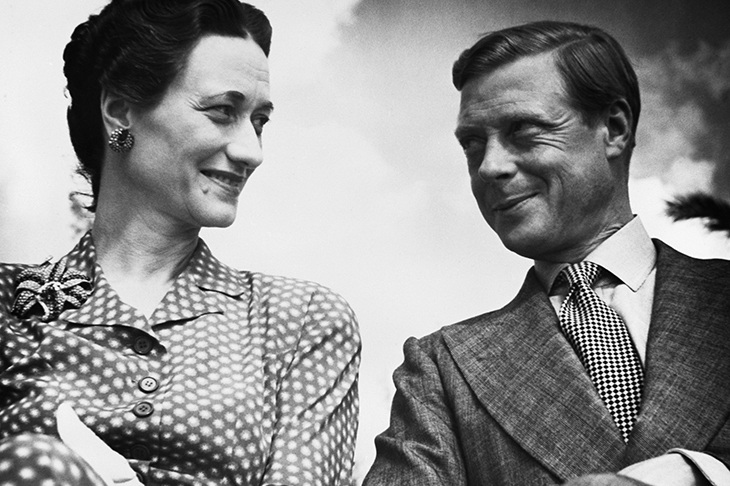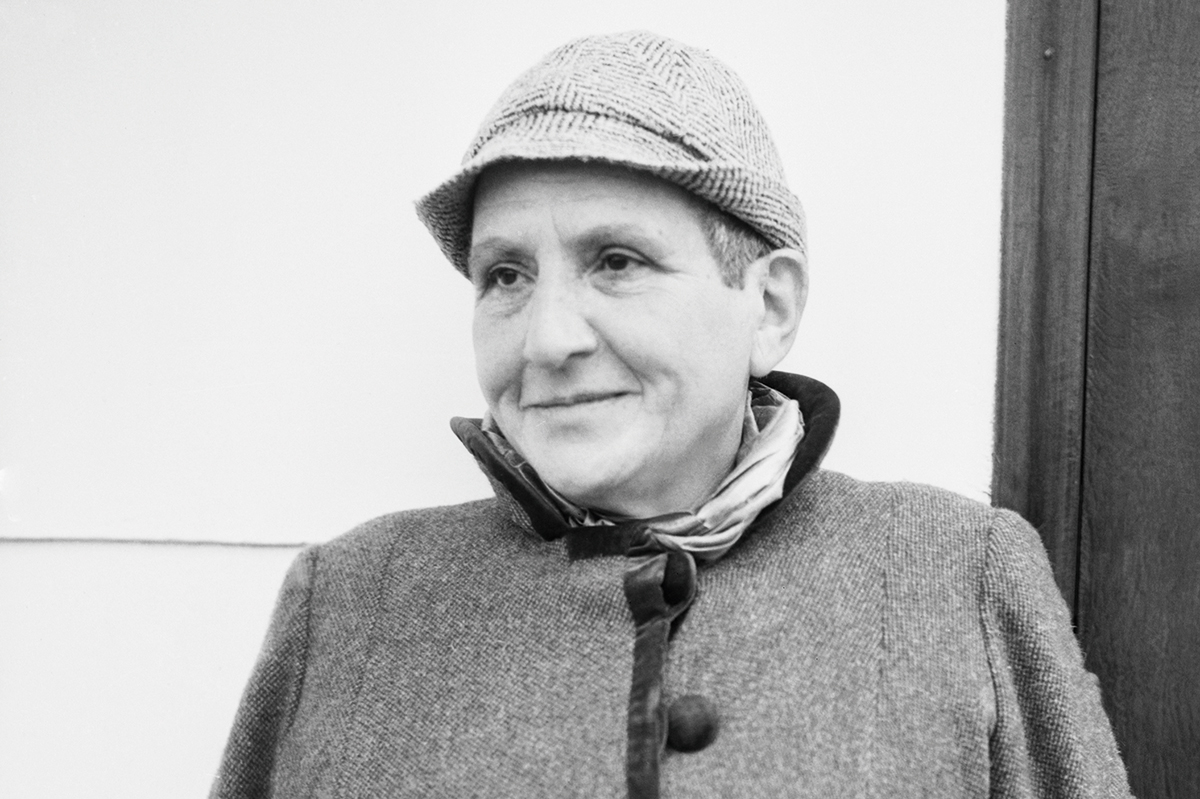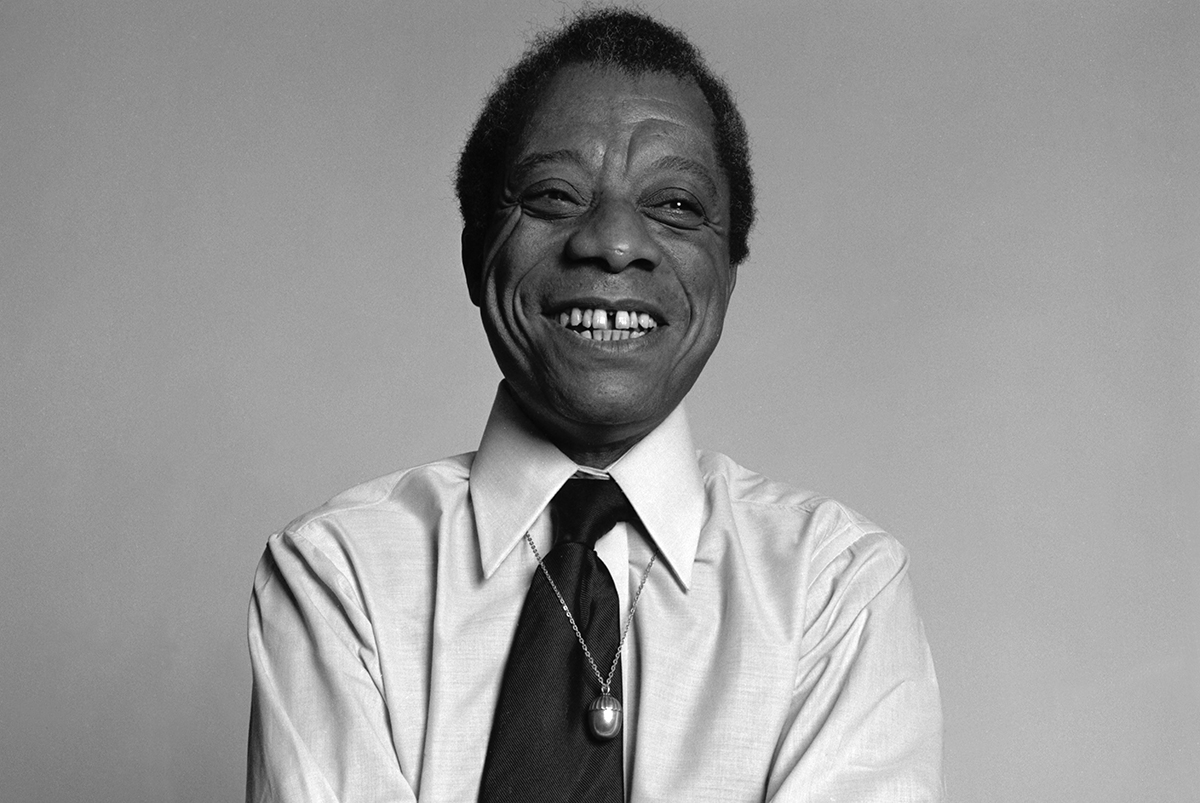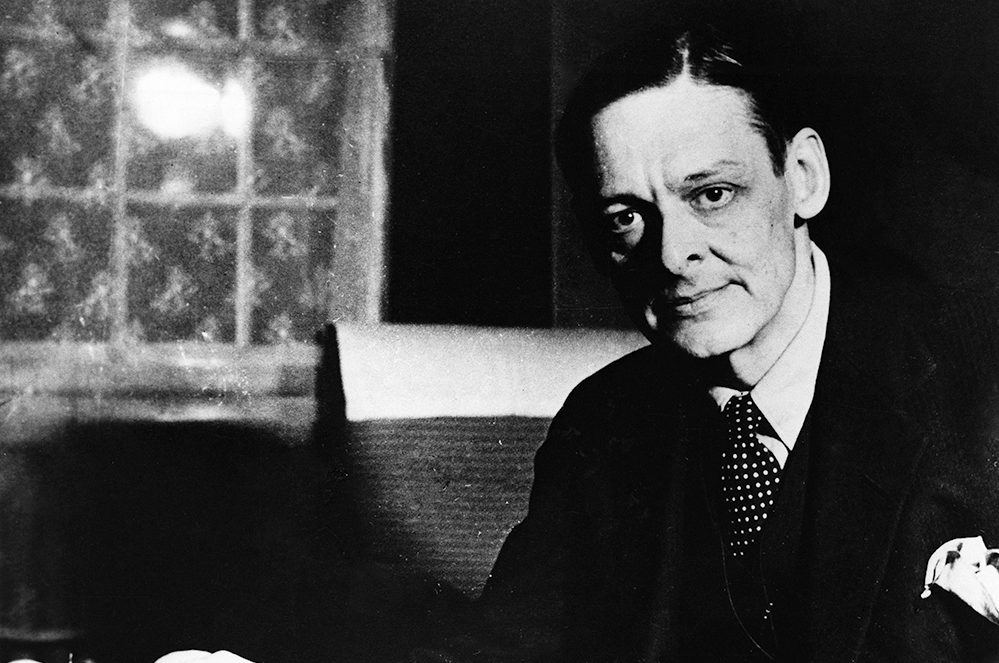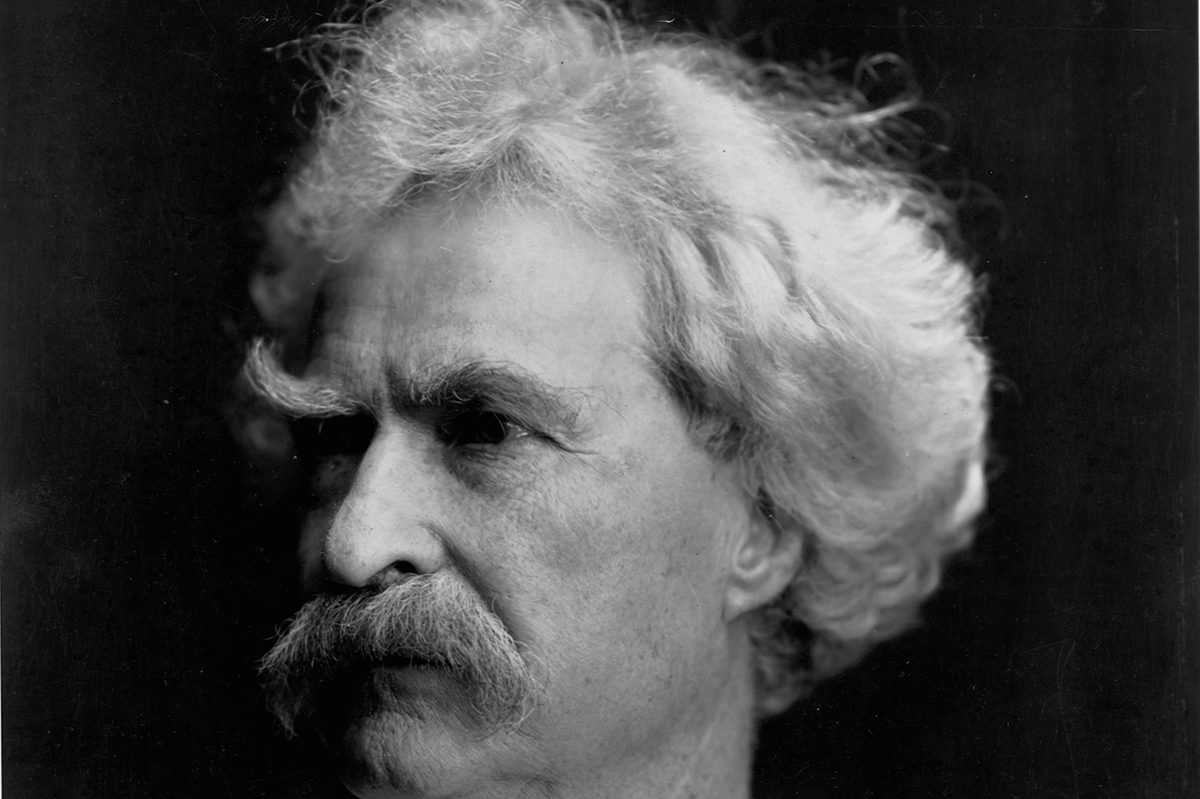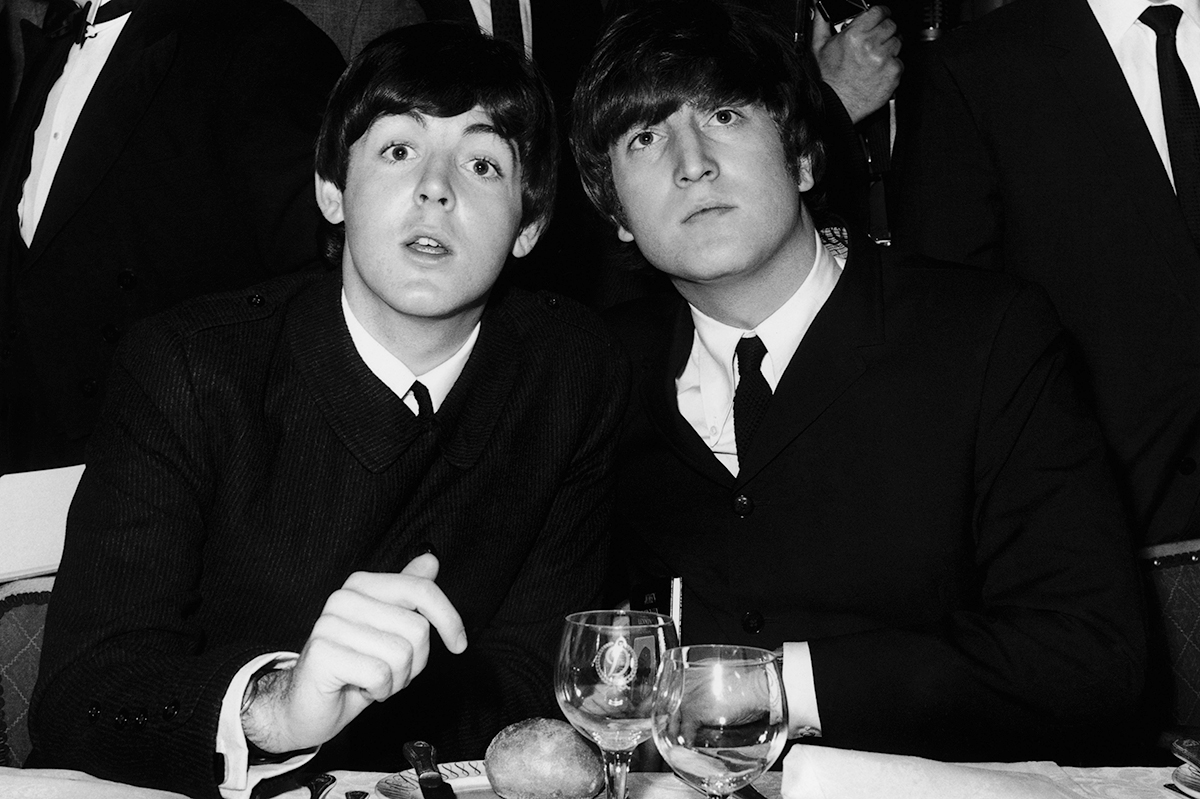One would have thought this particular can of worms might, after nearly 80 years, be well past its sell-by date. But books about Mrs Simpson and her infatuated king appear with thudding frequency, each with some ever more far-fetched theory about this curious union. Now comes the leaden hand and leaden prose of Andrew Morton, with yet another: that Wallis was, all her life, in love with another man long before, during and after her experience of vitriolic abuse, first as the besotted prince’s obsession, then scapegoat for his abdication, and object of vilification during her years as his wife.
This love (to borrow words from her step-great nephew, ‘whatever love is’) may well have been real. The man in question was Herman Rogers. The scion of an aristocratic family, he was educated at Yale where he was a ‘Bones man’ — the highest recognition of pure decency that institution can bestow — and handsome and rich to boot, and therefore certainly attractive. He was also artistic, gentle, kind and generous — and long married to a woman with whom he shared entire and mutual happiness. It’s not, therefore, unlikely that Mrs Simpson, even when still the wife of the alcoholic, cruel Win Spencer, may have seen Rogers as an exemplar for a platonic liaison. One can be in love with people one esteems.
But in this meretricious book, Morton claims that all along it was Rogers she desired sexually. Attributed sources (a rarity for Morton) for this laughable premise are scant; Rogers’s stepgranddaughter, one Barbara Mason; and a Kitty Blair, his stepdaughter-in-law. Neither was close or old enough to be a witness and, fatally, they contradict each other on the very same page. Blair tells Morton that Wallis ‘was never intimate with Herman’, but two paragraphs earlier Mason claims that she ‘wanted to try a different type gene-pool for the father of her child’. In the index, this is brazenly boiled down to ‘asks Herman Rogers for a child’, and Morton writes that this bizarre request ‘seemingly’ took place a few days before her wedding (which in his lumpen style he calls ‘the big day’) to the duke. He omits to mention that Wallis was then already in her early forties.
All the old saws are dragged up, such as the sexual tricks she’s said to have learned in Shanghai brothels. But in the 1920s it was par for the course for western women to visit such places, with opium, sing-song girls and strange oriental techniques on tap; the madam of one would demonstrate the Cleopatra Clip, which Morton writes — without hint of irony — could have taught Wallis ‘to pick up a sovereign’.
Morton prints reams of sour remarks by people who only just, or never, met her, and gives special attention to those who held a grudge. Strangely, as I was writing this, a friend texted that the Queen Mother once told her: ‘I think I ought to write down that I didn’t hate the Duchess of Windsor. You can’t hate someone you don’t know.’
It’s only fair to say her equanimity was not reciprocated by Wallis; but the few remaining who knew her, myself included, found her sympathetic, affectionate and unpretentious, as well as enormous fun. Morton repeats, yet again, instances of her stern treatment of the duke — but surely all couples have some rows during a marriage as long as theirs. If she did have an affair, I’m told it was with the star of a long-running Broadway musical who is still alive, and has never uttered a word.
Handed his Diana book on a plate, Morton is clearly out of his depth here. He has simply employed researchers to dig for new dross, to which he’s bolted on peripheral names to dress his assertions with spurious authenticity: and to give his ploddingly banal style an intellectual gloss he even quotes Hegel, for God’s sake.
Wallis Windsor’s difficult role and the great dignity she brought to it deserves re-evaluating. Someone soon will do so. Meanwhile, what she doesn’t deserve is Andrew Morton.



